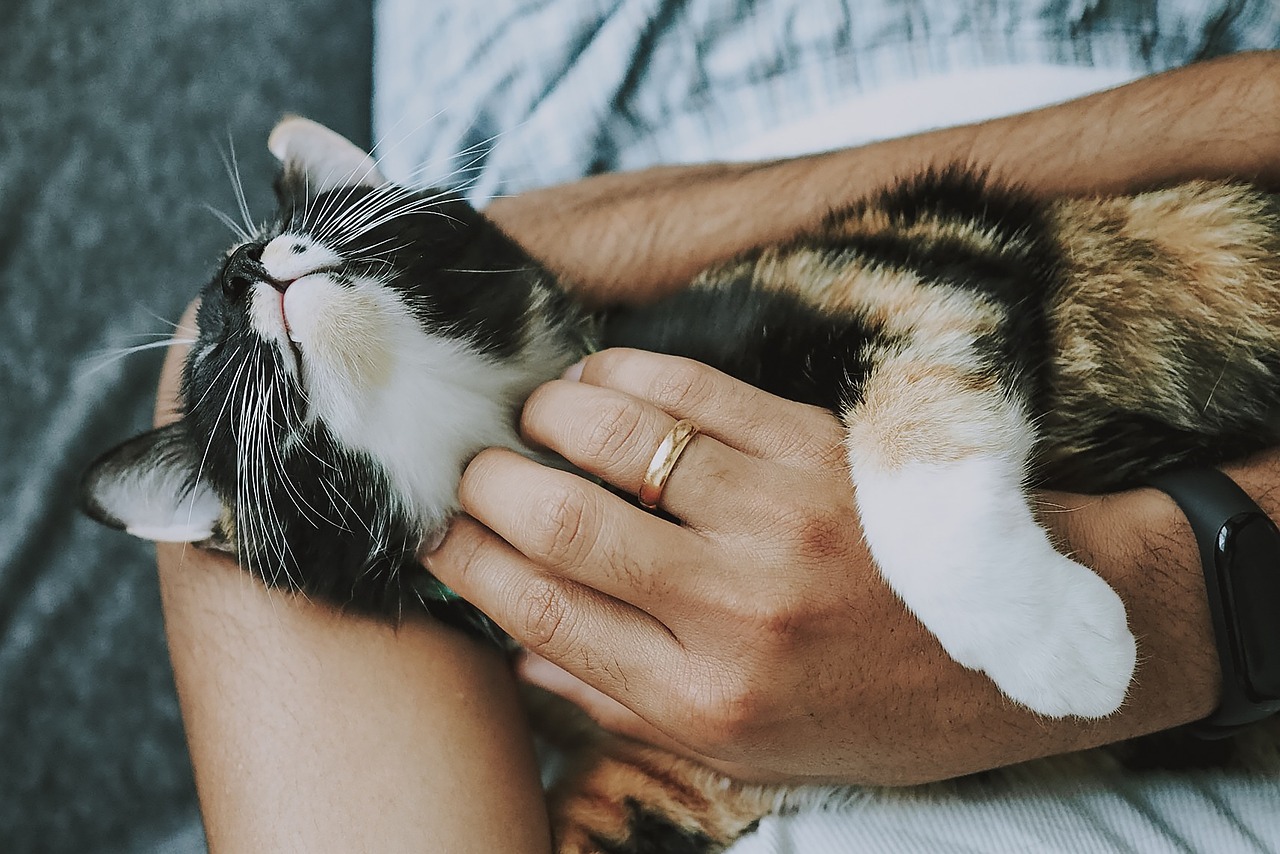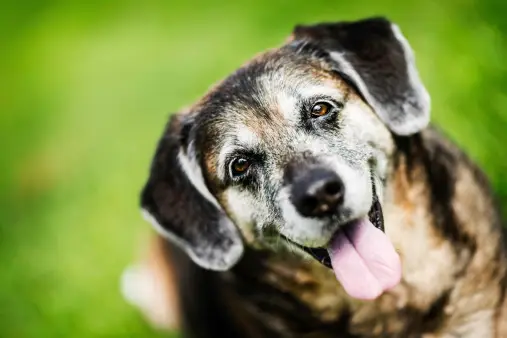Aromatherapy for Pets: A Natural Approach to Pet Wellness

Introduction
In recent years, aromatherapy has gained recognition for its benefits in human health and wellness. But did you know that this holistic approach is also making waves in the world of pet care? Aromatherapy for pets is an emerging field that uses essential oils to promote physical and emotional well-being in animals. In this article, we’ll explore the benefits, applications, and safety considerations of aromatherapy for pets, offering a comprehensive guide for pet owners interested in this natural therapy.
What is Aromatherapy?
Aromatherapy involves the use of essential oils extracted from plants to support health and well-being. These oils contain compounds that can have therapeutic effects when used correctly. For pets, aromatherapy is applied with a focus on enhancing quality of life, addressing specific health concerns, and providing comfort.
How Aromatherapy Benefits Pets
- Stress and Anxiety Reduction: Pets, especially dogs and cats, can experience stress and anxiety from various sources, including separation, changes in routine, or unfamiliar environments. Aromatherapy can help calm anxious pets by using essential oils like lavender, chamomile, or frankincense. These oils have calming properties that may help reduce stress levels and promote relaxation.
- Pain Relief: Chronic pain, such as arthritis or joint discomfort, is common among older pets. Essential oils like peppermint and ginger possess anti-inflammatory and analgesic properties that can help alleviate pain. By incorporating these oils into a pet’s care routine, you may help improve their comfort and mobility.
- Improved Sleep: Many pets suffer from sleep disturbances, which can impact their overall health. Essential oils like lavender and cedarwood are known for their relaxing properties and can promote better sleep. Diffusing these oils in your pet’s sleeping area or using them in a pet-safe sleep spray can enhance their rest.
- Enhanced Digestive Health: Digestive issues such as bloating, constipation, or nausea can affect pets. Essential oils like ginger and peppermint can support digestive health by soothing the stomach and aiding digestion. However, it’s crucial to use these oils in moderation and consult a veterinarian before use.
- Skin and Coat Health: Essential oils can also benefit your pet’s skin and coat. Oils like chamomile and tea tree oil have anti-inflammatory and antimicrobial properties that can help address skin irritations, allergies, or infections. Diluted essential oils can be used in grooming products or applied topically to support healthy skin and a shiny coat.
Safe Use of Essential Oils for Pets
While aromatherapy can be beneficial, it’s essential to use essential oils safely to avoid any adverse effects. Here are some key guidelines:
- Consult Your Veterinarian: Before starting any aromatherapy regimen for your pet, consult with a veterinarian, particularly one with experience in holistic or alternative therapies. They can help you choose appropriate oils and ensure that they are safe for your specific pet.
- Choose Pet-Safe Essential Oils: Not all essential oils are safe for pets. Some oils can be toxic or irritating. For pets, it’s best to use oils known to be safe, such as lavender, chamomile, and cedarwood. Avoid oils like tea tree oil, eucalyptus, and citrus oils, as they can be harmful to pets.
- Dilute Properly: Essential oils are highly concentrated and should always be diluted before use. For topical application, mix essential oils with a carrier oil such as coconut or olive oil. A general rule of thumb is to use one drop of essential oil per tablespoon of carrier oil.
- Monitor Your Pet: When introducing essential oils to your pet, start with a small amount and observe their reaction. Look for any signs of discomfort, such as excessive scratching, drooling, or changes in behavior. If you notice any adverse effects, discontinue use immediately and consult your veterinarian.
- Avoid Ingestion: Essential oils should never be ingested by pets. Keep essential oils out of reach and avoid using them in areas where pets might accidentally consume them.
Aromatherapy Techniques for Pets
There are several ways to incorporate aromatherapy into your pet’s routine:
- Diffusers: Using a diffuser is one of the safest methods to introduce essential oils into your pet’s environment. Place the diffuser in a well-ventilated area where your pet can leave if they choose. Start with a low concentration and monitor your pet’s response.
- Topical Application: Essential oils can be applied topically when diluted with a carrier oil. For example, you can use a diluted blend to massage your pet’s sore muscles or apply it to their paws. Always ensure the blend is well-diluted and check for any adverse reactions.
- Pet-Safe Sprays: You can create a pet-safe spray by diluting essential oils in water and using it to lightly mist your pet’s bedding, or to freshen up their environment. Make sure to use a spray bottle that produces a fine mist and avoid spraying directly on your pet.
- Grooming Products: Incorporating essential oils into grooming products like shampoos or conditioners can benefit your pet’s skin and coat. Ensure that the products are specifically formulated for pets and use only safe, diluted essential oils.
- Baths: Adding a few drops of diluted essential oil to your pet’s bathwater can be soothing and help with skin issues. However, ensure the essential oil is well-diluted and suitable for your pet.
Popular Essential Oils for Pets
Here are some commonly used essential oils in pet aromatherapy and their benefits:
- Lavender: Known for its calming properties, lavender can help reduce anxiety and promote relaxation. It is also gentle on the skin and can be used to soothe minor irritations.
- Chamomile: Chamomile is excellent for its anti-inflammatory and calming effects. It can help with skin irritations and digestive issues.
- Cedarwood: Cedarwood is beneficial for its grounding and calming properties. It can help repel insects and support overall relaxation.
- Ginger: Ginger is known for its digestive benefits and can help with nausea and stomach discomfort. It also has anti-inflammatory properties that can assist with joint pain.
- Peppermint: Peppermint can provide relief from digestive issues and has a cooling effect that can help with pain and discomfort. Use it cautiously and in diluted form, as it can be strong.
Precautions and Considerations
- Age and Health Status: Young, elderly, or sick pets may have different sensitivities to essential oils. Always consider your pet’s age, health status, and any pre-existing conditions before using aromatherapy.
- Pregnant Pets: Pregnant pets should be approached with caution when using essential oils. Consult your veterinarian to ensure safety.
- Proper Ventilation: Ensure that the area where you use essential oils is well-ventilated. Pets should have the option to leave the area if they choose.
- Avoid Overuse: Less is often more with essential oils. Overuse can lead to adverse effects, so it’s important to use essential oils sparingly and in moderation.
Conclusion
Aromatherapy for pets offers a natural, holistic approach to enhancing your pet’s well-being. By understanding the benefits, using essential oils safely, and consulting with your veterinarian, you can incorporate this gentle therapy into your pet’s care routine. Whether you’re addressing stress, pain, sleep issues, or skin health, aromatherapy can provide valuable support to your furry friend’s overall health and happiness.
Remember, while aromatherapy can be a helpful complementary therapy, it’s not a substitute for professional veterinary care. Always prioritize your pet’s health and consult with your veterinarian to ensure the best care for your beloved companion.




